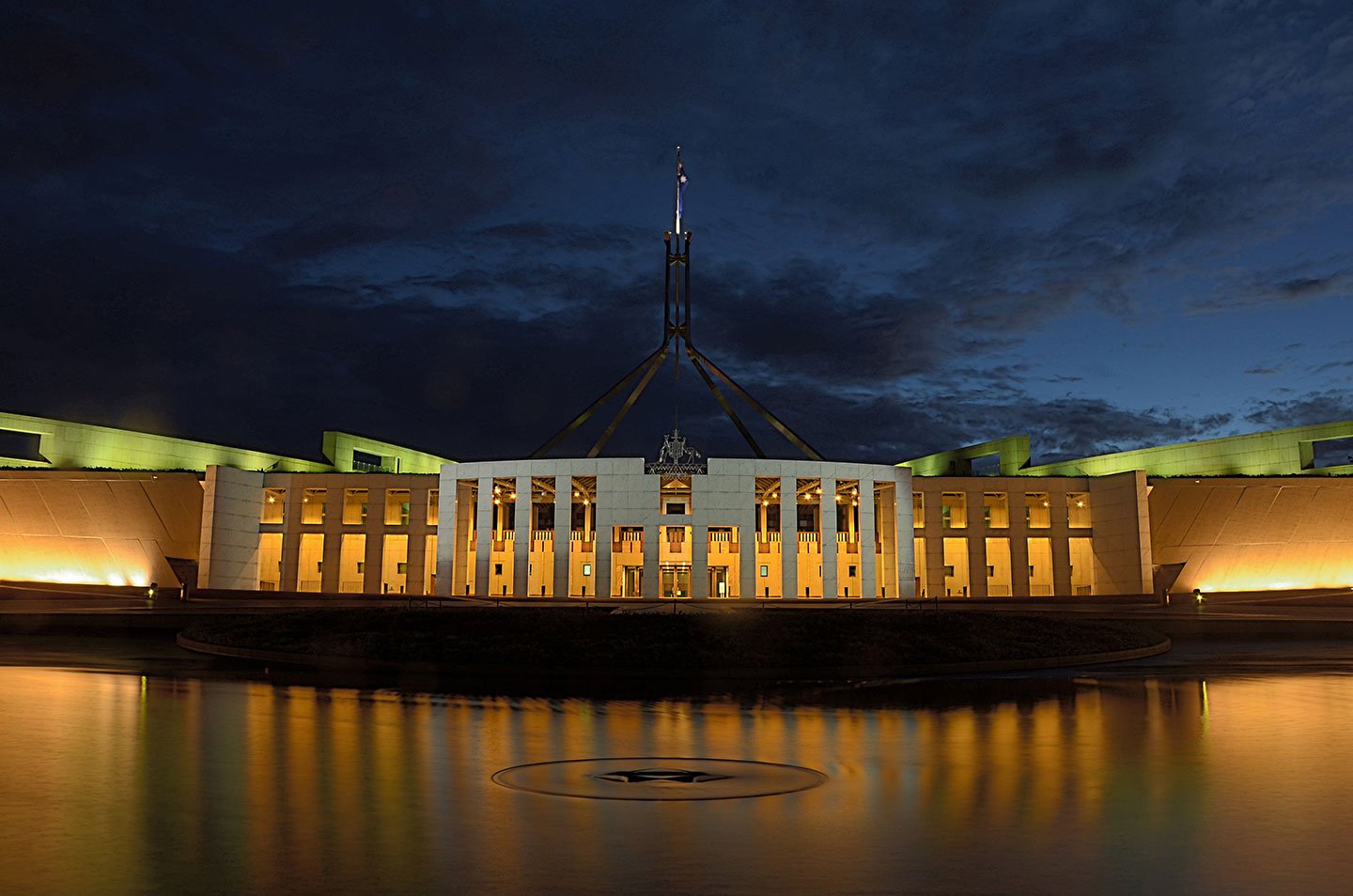Property and Construction: A Sound Investment Target in Challenging Times
The COVID-19 pandemic and its economic fallout have been devastating for the Australian economy. A plethora of sectors have been impacted, from travel to hospitality, retail to luxury goods.
Correspondingly, stocks in companies in these sectors have also been hit hard, suffering significant falls as investor confidence plummets amid economic uncertainty and no clear roadway to a return to growth.
In what are otherwise challenging times, however, one sector stands out as a potential driver of growth: property and construction. While this may seem counterintuitive given customers’ reduced willingness to spend – least of all on the once-in-a-lifetime splurge that is a home – it shouldn’t be. Historically, property and construction have been tremendously useful levers governments pull on to stimulate economic activity.
The multiple impacts of COVID-19
The pandemic has decimated Australia’s economy and the social impacts on people’s mental health and wellbeing will also be profound and long-lasting.
Treasury estimates conservatively forecast the jobless rate to reach 10% in December 2020. While economic predictions are uncertain, the pandemic will certainly have long-lasting effects on society. The number of calls received by Lifeline has increased by over 20% since March, for instance. Calls to advocacy group Women’s Safety NSW have increased by 40% and Family Court has reported a 39% increase in family disputes.
Youth unemployment rose to 13.8% in April with more than one in three young people between the age of 15 and 24 being unemployed or underemployed. People with a disability, Indigenous people and refugees are twice as likely to be unemployed compared to the general population.
Governments turn to the construction sector
The federal government is set to invest some $123 billion over the next 10 years in infrastructure. State governments are also throwing in extra funding for their own smaller infrastructure projects to stimulate local economies. Further, individual investors and homebuyers are being encouraged through the HomeBuilder grant, which is likely to stimulate the sector further – a government investment of some $680 million.
This largely follows the lead of other countries, where major industries like construction have become central to the government’s economic recovery strategy.
Governments are seeking to leverage construction and infrastructure pipelines to require the construction industry to create jobs in the communities in which they build, as a new condition of construction contracts. As a tool of social and economic policy, the construction industry is therefore unique.
The sector is:
- Our third largest employer (8-10 % of the population)
- Employs a higher proportion of indigenous businesses than any other sector (27.5 %)
- The third largest employer of youth in Australia (16 %)
- The largest provider of apprentices and trainees (87,000 in 2018)
- Contains twice as many refugee start-ups as any other sector
- A major multiplier effect of around 1:3 into the wider economy.
A sound investment choice for Super Funds
Given these fundamentals, the property and construction sectors are sound investment choices for super funds. Construction companies have withstood the sharp falls seen in other sectors and are likely to be significant beneficiaries of the government investment outlined above from both a federal and state perspective.
How Crescent Wealth continues to invest in the sector
Crescent Wealth’s investments are guided by the Accounting and Auditing Organisation of Financial Investments (AAOFI) standards, the worldwide benchmark in shariah-compliant investment guidelines and protocols. These standards consolidate rulings relating to Islamic investment and provide a guide which is used globally, and guide Crescent Wealth’s ethical-Islamic superannuation choices.
The property and construction sectors have been mainstays of Crescent Wealth’s investment strategy for several years. The sector is aligned with Islamic investment principles, which prohibit certain industries and encourage investment into growth-fuelling and real-world investment targets.
At a time when the sector is seeing renewed interest and growth as a barrier against the impacts of the COVID-19 pandemic, it represents a sound investment strategy in line with Islamic principles.
With Superannuation funds current infrastructure investments total $105 billion out of the $3 trillion pool we see major benefits of rebuilding the economy with real asset-backed investments, we recently proposed significant investment in the industry to Australian Federal Government.
If you are interested in switching to a super fund that displays your Islamic values and ethical standards, switching is super easy or call us on 1300 926 626.
Share this
You May Also Like
These Related Stories

Crescent Wealth Economic Outlook – Don’t Waste A Crisis

Federal Election Coalition Win – Policies on Super


